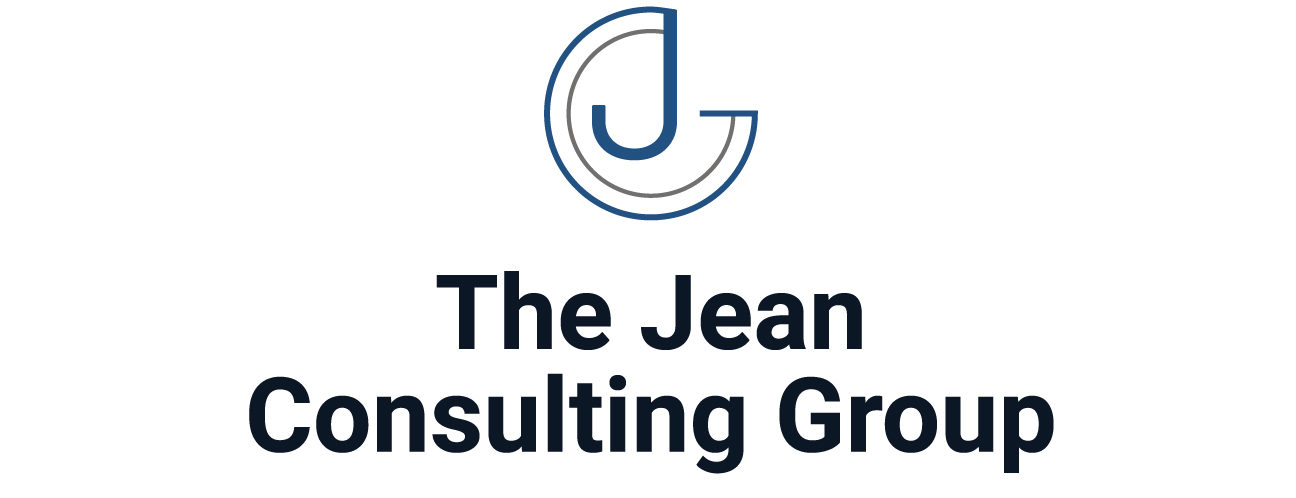In the intricate tapestry of workplace dynamics, conflicts are inevitable. Yet, how these conflicts are managed can significantly influence team cohesion, employee satisfaction, and organizational productivity. Integrating individual and group coaching specifically tailored for conflict resolution can transform potential workplace discord into opportunities for growth, understanding, and enhanced collaboration. This article explores the pivotal role of individual and group coaching in equipping employees and leaders with the skills and perspectives needed to navigate and resolve conflicts effectively, fostering a more harmonious and productive work environment.
The Role of Individual Coaching in Conflict Resolution
Individual coaching provides a personalized approach to conflict resolution, allowing employees to explore the underlying causes of conflicts, understand their own conflict styles, and develop tailored strategies for managing disputes.
- Personalized Conflict Styles Assessment: Individual coaching sessions can begin with assessments to help employees understand their natural inclinations in conflict situations, whether they tend to adopt a competitive, collaborative, accommodating, avoiding, or compromising style. Recognizing one’s conflict style is the first step in developing more adaptive and flexible approaches to conflict resolution.
- Enhancing Emotional Intelligence: Coaches work one-on-one with employees to enhance their emotional intelligence, including self-awareness, self-regulation, empathy, and social skills. High emotional intelligence is crucial for understanding and managing one’s emotions during conflicts and for recognizing and responding effectively to the emotions of others.
- Developing Communication Skills: Individual coaching also focuses on honing communication skills, such as active listening, assertive communication, and nonverbal cues interpretation. Effective communication is often the key to de-escalating conflicts and finding mutually satisfactory resolutions.
Group Coaching: Strengthening Team Cohesion through Collective Conflict Resolution
While individual coaching addresses personal conflict resolution skills, group coaching leverages the power of the collective to foster understanding, empathy, and collaborative problem-solving among team members.
- Creating a Safe Space for Dialogue: Group coaching sessions provide a safe and structured environment for team members to express their perspectives and grievances openly. Facilitated by a skilled coach, these sessions encourage constructive dialogue, helping team members understand diverse viewpoints and the root causes of conflicts.
- Collaborative Problem-Solving Exercises: Through guided exercises and role-playing, group coaching can help teams practice collaborative problem-solving, learning to negotiate and find creative solutions that address the interests of all parties involved.
- Building Trust and Team Cohesion: Regular group coaching sessions focused on conflict resolution can significantly enhance trust and cohesion within teams. As team members learn to resolve conflicts constructively, they build a foundation of mutual respect and understanding, essential for high-performing teams.
Conflict Resolution Coaching: A Dual Approach
The dual approach of combining individual and group coaching for conflict resolution offers a comprehensive strategy for addressing and managing workplace conflicts.
- Tailored Strategies with Universal Skills: While individual coaching provides employees with personalized strategies based on their unique conflict styles and emotional triggers, group coaching emphasizes universal skills and shared experiences that foster a collective understanding and approach to conflict resolution.
- Empowering Employees and Leaders: This approach empowers both employees and leaders with the awareness, skills, and confidence to approach conflicts not as obstacles but as opportunities for dialogue, growth, and improvement.
- Sustaining a Positive Workplace Culture: Ultimately, the integration of individual and group coaching for conflict resolution contributes to sustaining a positive workplace culture, one where conflicts are managed with maturity, respect, and a focus on collaborative outcomes.
Conclusion
The strategic application of individual and group coaching for conflict resolution represents a powerful tool in the arsenal of organizational development strategies. By equipping individuals with the skills to understand and manage their responses to conflicts, and by fostering a team environment conducive to open dialogue and mutual respect, organizations can significantly enhance their conflict resolution capabilities. This approach not only minimizes the negative impact of conflicts on productivity and morale but also transforms conflict management into a catalyst for strengthening teams and enriching the organizational culture.




